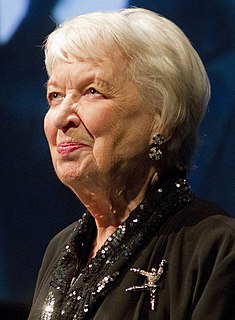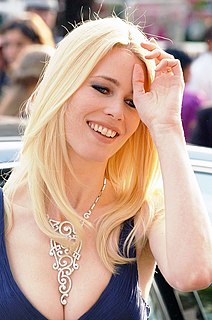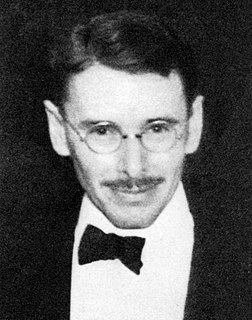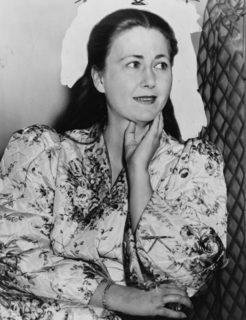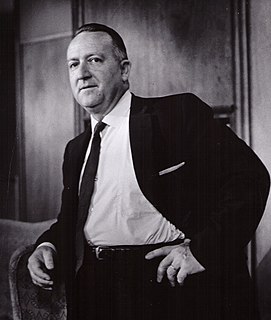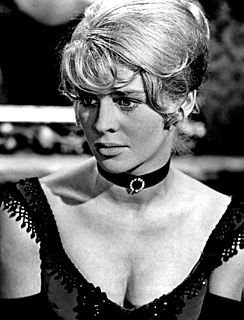A Quote by Dar Williams
A lot of men were also becoming more attuned and less afraid of women [in the nineties ].
Related Quotes
Men have been domesticated, and I don't think it's necessarily good for them. They have been emasculated with the pill and women becoming more independent. I do think it's made a big difference for women to have more charge of their own bodies. It's made them feel more on equal terms and made the men feel less secure, less the master of everything.
Here's the pay paradox that Why Men Earn More explains: Men earn more money, therefore men have more power; and men earn more money, therefore men have less power (earning more money as an obligation, not an option). The opposite is true for women: Women earn less money, therefore women have less power; and women earn less money, therefore women have more power (the option to raise children, or to not take a hazardous job).
Margaret Atwood, the Canadian novelist, once asked a group of women at a university why they felt threatened by men. The women said they were afraid of being beaten, raped, or killed by men. She then asked a group of men why they felt threatened by women. They said they were afraid women would laugh at them.
It's very difficult today for girls to become supermodels. There is a lot more competition, a lot of countries in the East have opened up so there are many more models than there were in the Nineties. Now they have to compete with famous actresses but also with, say, reality stars to be on the magazine covers.
The response of the men who were introduced into polygamy between 1841 and 1846 was anything but enthusiastic. The same was true of the women who were offered the chance of becoming plural wives. Apart from the fact that the new system collided with moral assumptions they had grown up with, there were practical difficulties that made polygamy less attractive. For the men to support additional wives was seldom easy.


